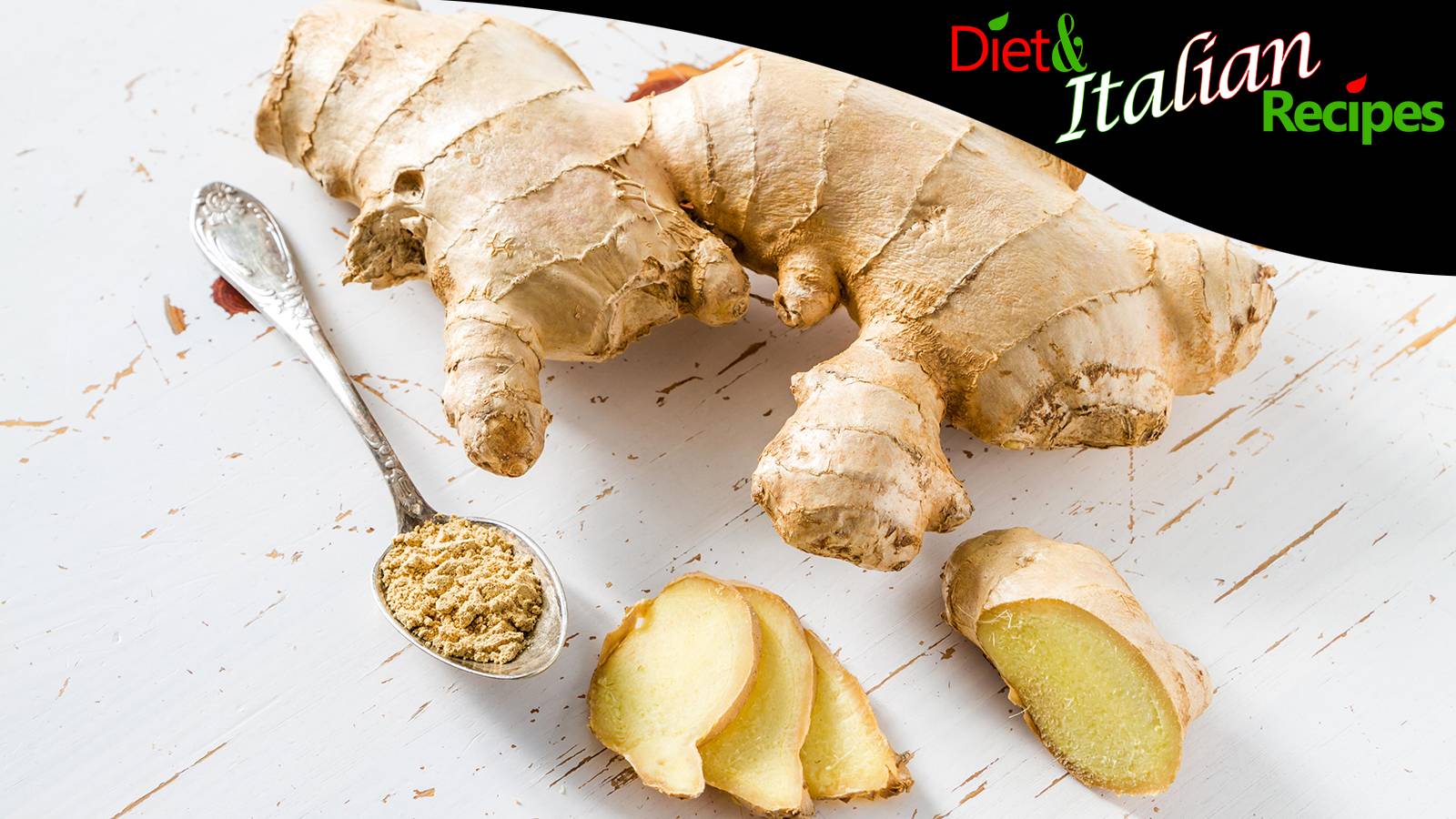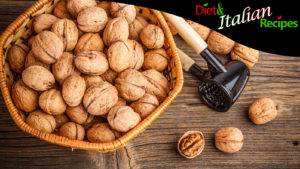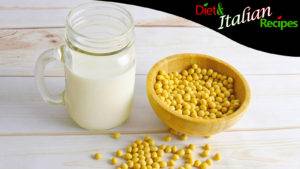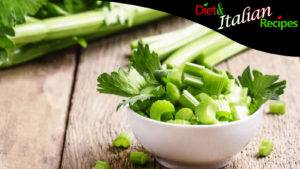Ginger is a spicy spice that is beneficial for the stomach, the entire digestive system, and the cardiovascular system. It has a unique flavor that one can easily get attached to, and it is great for seasoning soups, salads, flavoring drinks like healthy juices, tea, and detox water. One of the main properties of ginger that certainly makes a difference is that the ginger root is anti-inflammatory, so it provides direct benefits to those who suffer from arthritis. However, it is also useful for diabetics, those who want to lose weight, or have high cholesterol. Often all of these conditions can be resolved with a small sip of ginger water per day. Let’s see why.

Ginger, the spicy spice that deflates and extinguishes inflammation
Ginger is a spicy herbaceous plant capable of alleviating some gastrointestinal discomfort, such as abdominal bloating and nausea. In the kitchen, we use ginger root as a spice.
Ginger is spicy due to a substance called gingerol. The most important active ingredients present in ginger besides gingerol are: essential oil, shogaol, resin, and mucilage.
This spice is not common on Italian tables, yet we are learning to appreciate it more and more. Many Europeans cannot do without using ginger in the kitchen or in moments of relaxation because it has many benefits, and the flavor is not even that bad. The ginger plant has Asian origins, but even here in Italy, health-conscious people and gardening enthusiasts grow it in pots to always have a small supply.
By using ginger daily in tea, soups, or to flavor sautéed vegetables in a pan, or simply flavoring detox water or a juice (like the detox juice with pineapple, apple, and ginger), numerous benefits can be obtained. Ginger extinguishes inflammation in the body. When we refer to inflammation in a general sense, we are talking about the toxins that we have accumulated with unhealthy eating habits and our immune system’s reaction to such toxins: the body becomes inflamed. By consuming ginger root every day, in different ways and without exaggerating, we can obtain all the following benefits.
Properties and Benefits of Ginger
Ginger root has therapeutic properties, which is why it is used as a natural remedy for various gastrointestinal and non-gastrointestinal disorders. Here are the properties and benefits of ginger:
- Stimulates intestinal motility by reducing abdominal bloating, thus promoting digestion.
- Helps prevent colds and flu, strengthens the immune system.
- Acts as a gastroprotective agent by helping the body produce mucus that protects the gastric mucosa from stomach acid.
- Is a natural antioxidant, as it is able to inhibit the activity of free radicals. This means that it can counteract the development of chronic diseases caused by cellular aging.
- Protects against symptoms of gastroesophageal reflux (see the complete diet to alleviate the symptoms of reflux esophagitis) by inhibiting the pump that produces stomach acid.
- Helps with weight loss by promoting weight loss, reducing inflammation, and slightly speeding up metabolism.
- Is a natural anti-inflammatory, so it not only helps reduce waist size but also reduces the symptoms of arthritis, menstrual pain, and mild headache.
- Lowers blood sugar levels.
- Reduces the risk factors of developing cardiovascular disease.
For these and many other reasons, such as the fact that it is an excellent remedy for the most stubborn nausea, such as that caused by pregnancy, ginger is an excellent ingredient to choose. If we want to get all the benefits from consuming ginger, we should choose it when we have the opportunity to drink a tea, flavored detox water, or choose a spice for soup.
The beneficial effects of ginger should not be considered in the case of dehydrated ginger with added sugar because in that case, it will have lost its qualities. Ginger root can be bought at the supermarket in the fruit and vegetable section, but it can also be found online.
Nutritional values and how to use ginger
Ginger provides 80 calories (kcal) per 100 grams, but as it is used as a spice, to flavor and season food, it will not have any impact on our daily calorie and nutritional intake, so we can use it safely. Calorie aside, ginger provides:
- 1.8 grams of protein
- 17.7 grams of carbohydrates
- 1.7 grams of sugar
- 0.7 grams of fat, of which only 0.2 grams are saturated
- 2 grams of vegetable fiber
- 0 mg of cholesterol
How to use ginger, who should avoid it? There are only a few cases where taking ginger regularly is not recommended: during pregnancy and breastfeeding (as a precaution, it is better to ask a doctor’s opinion); in case of allergy to one or more components; if you suffer from gastritis and ulcers (in fact, an excess of ginger can even cause them). Therefore, in general, we know that we should not overdo it, but ginger remains an excellent ally against minor gastrointestinal discomforts and a valid aid in losing weight with taste.
SHARE Properties of Ginger with Benefits, Nutritional Values, and How to Use this Spice.
The information provided in the Diet and Italian Recipes articles is for INFORMATION ONLY and does not intend to replace the opinion of professional figures such as a doctor, nutritionist, or dietitian, whose intervention is necessary for the prescription and composition of personalized dietary therapies.











